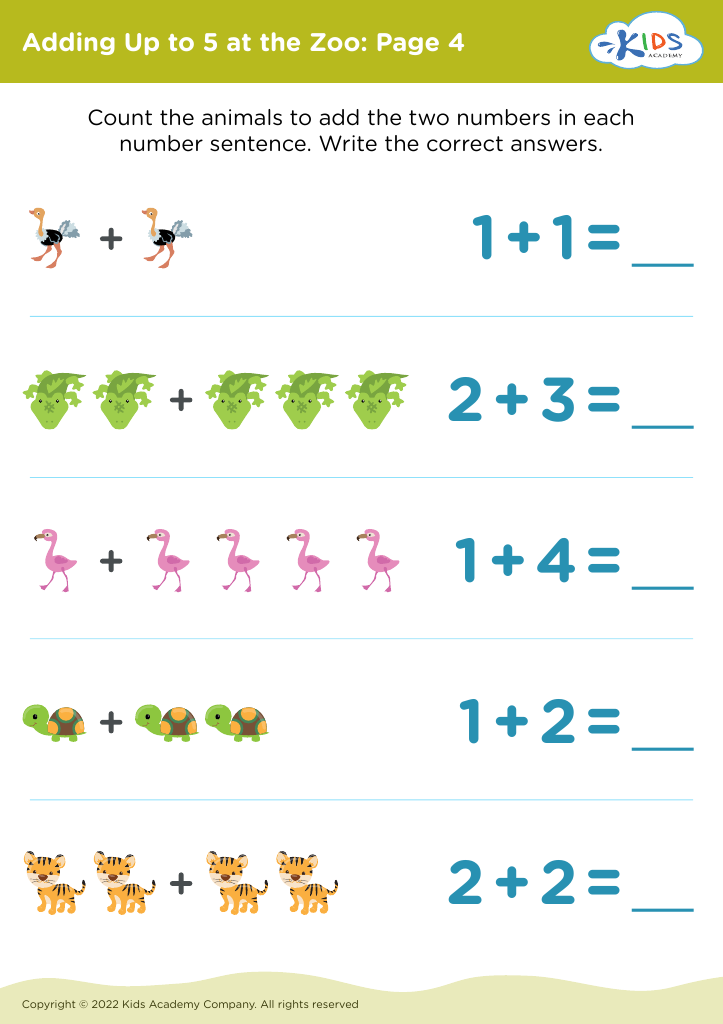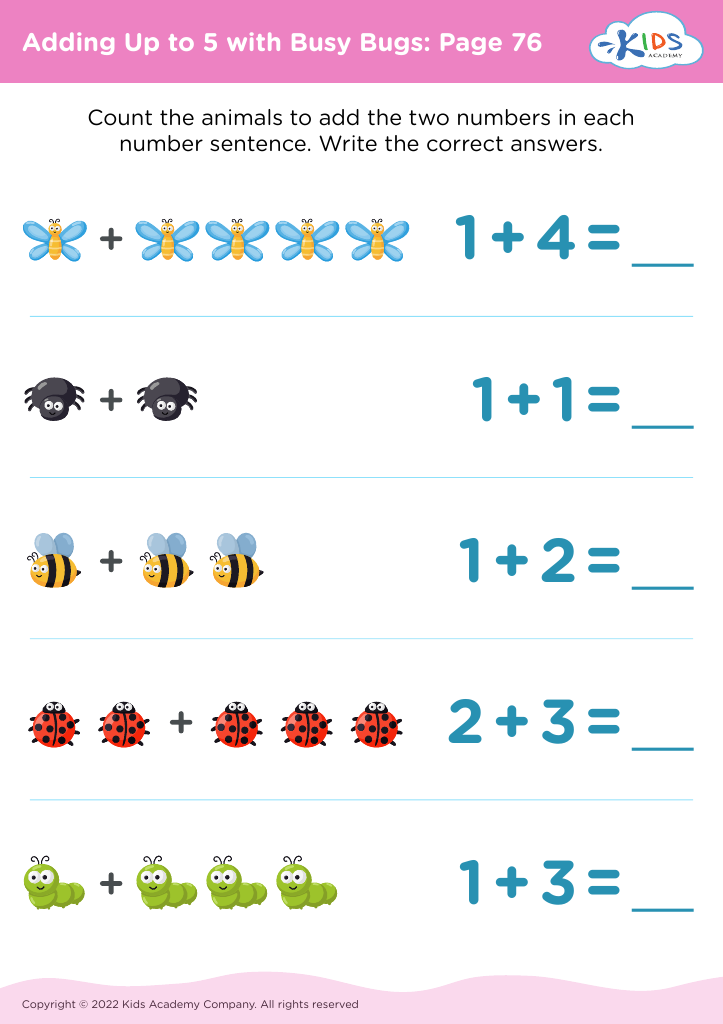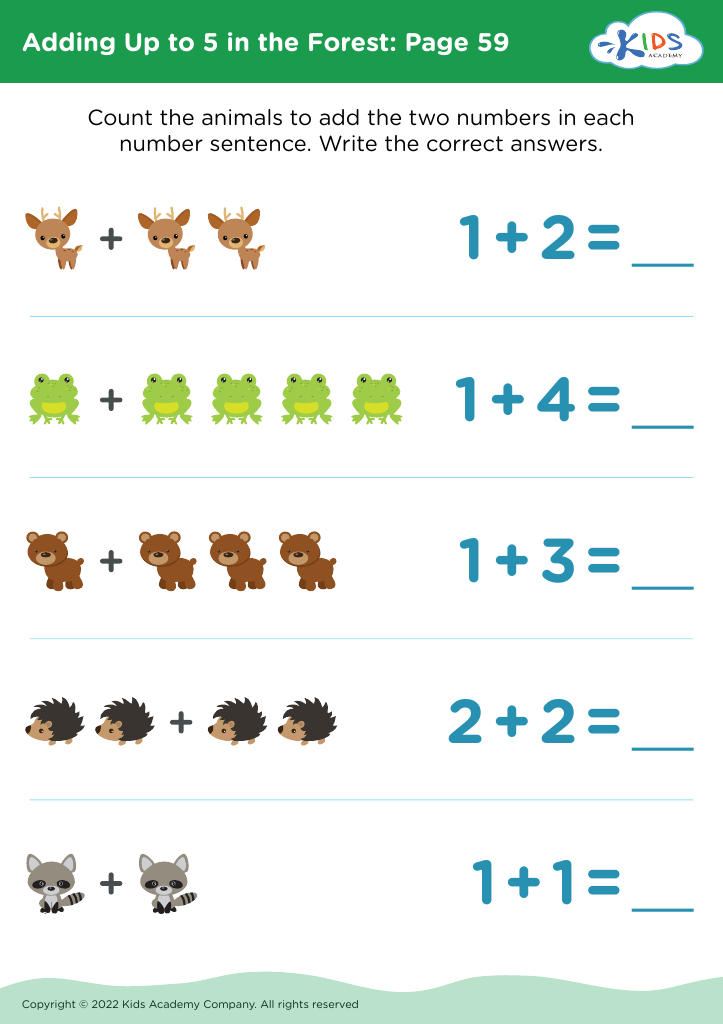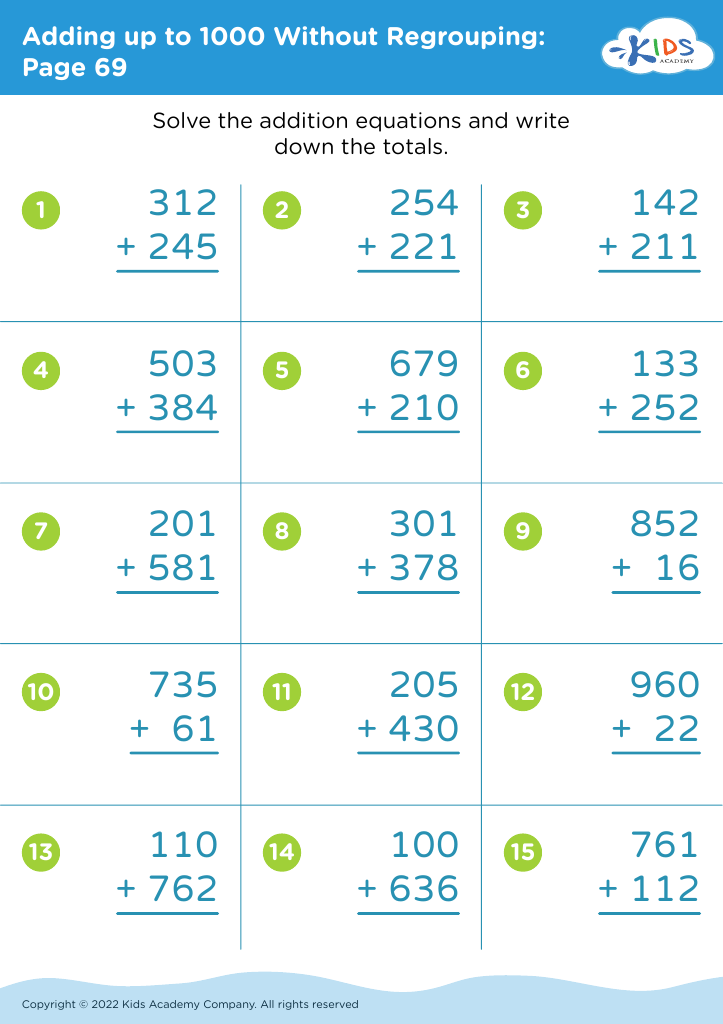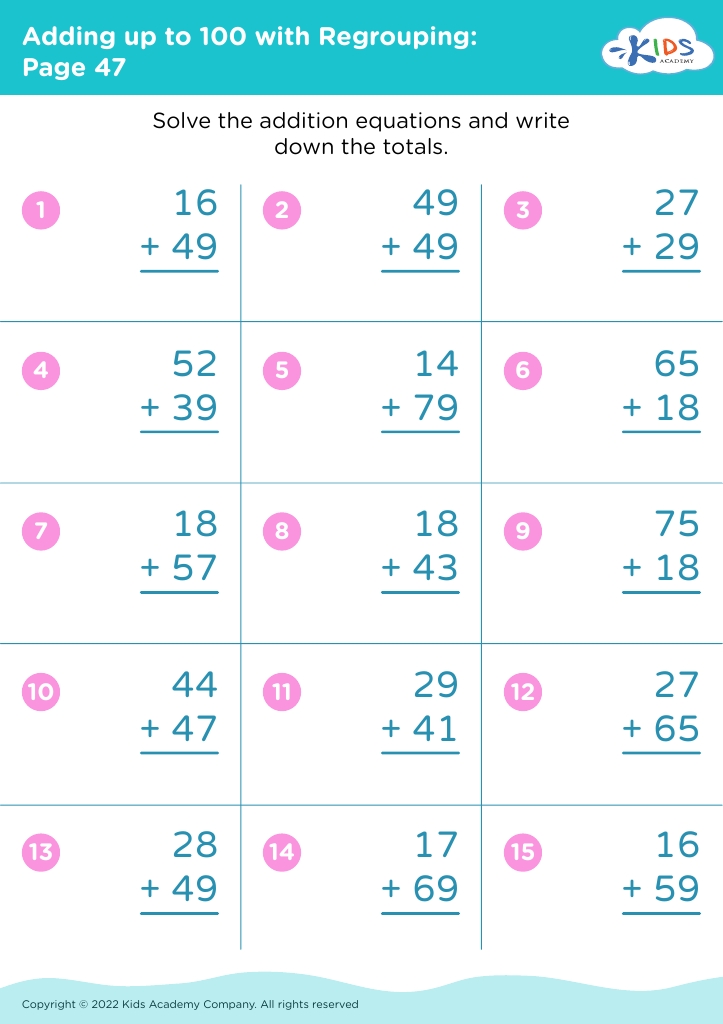Problem-Solving Skills Math Worksheets for Ages 3-7 - Page 2
275 filtered results
-
From - To
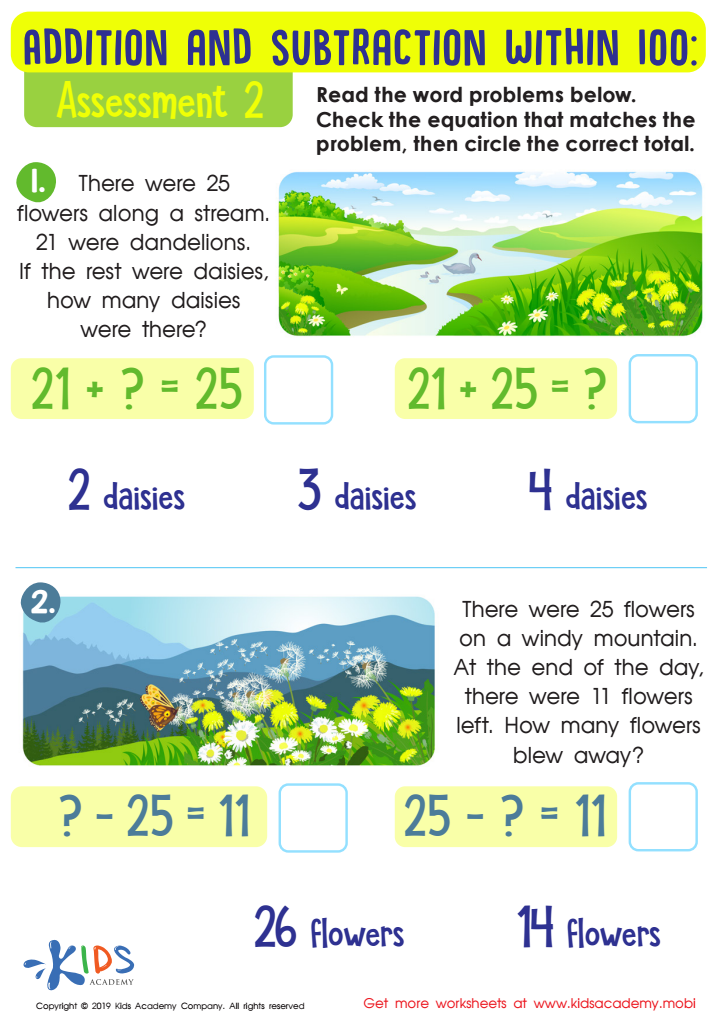

Assessment 2 Math Worksheet
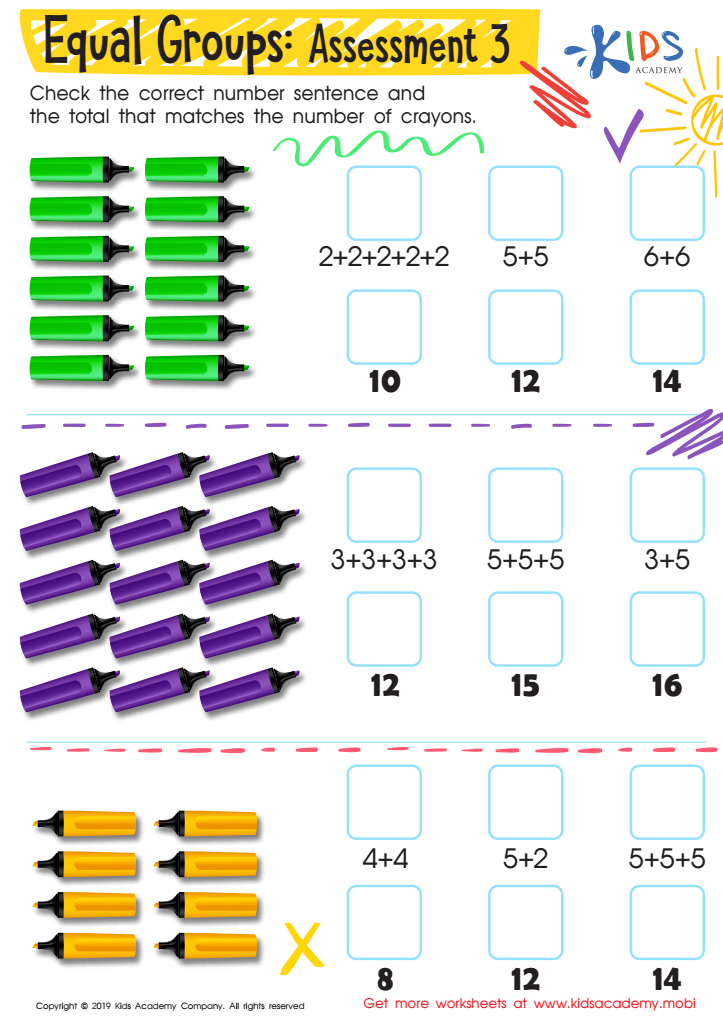

Equal Groups: Assessment 3 Worksheet
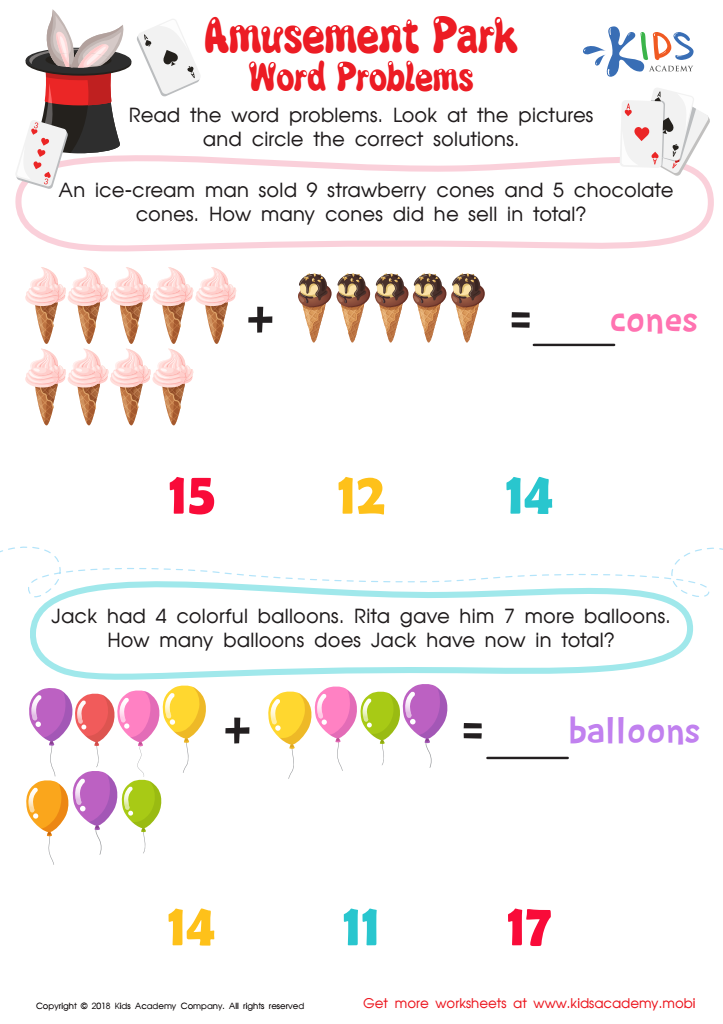

Amusement Park Word Problems Worksheet
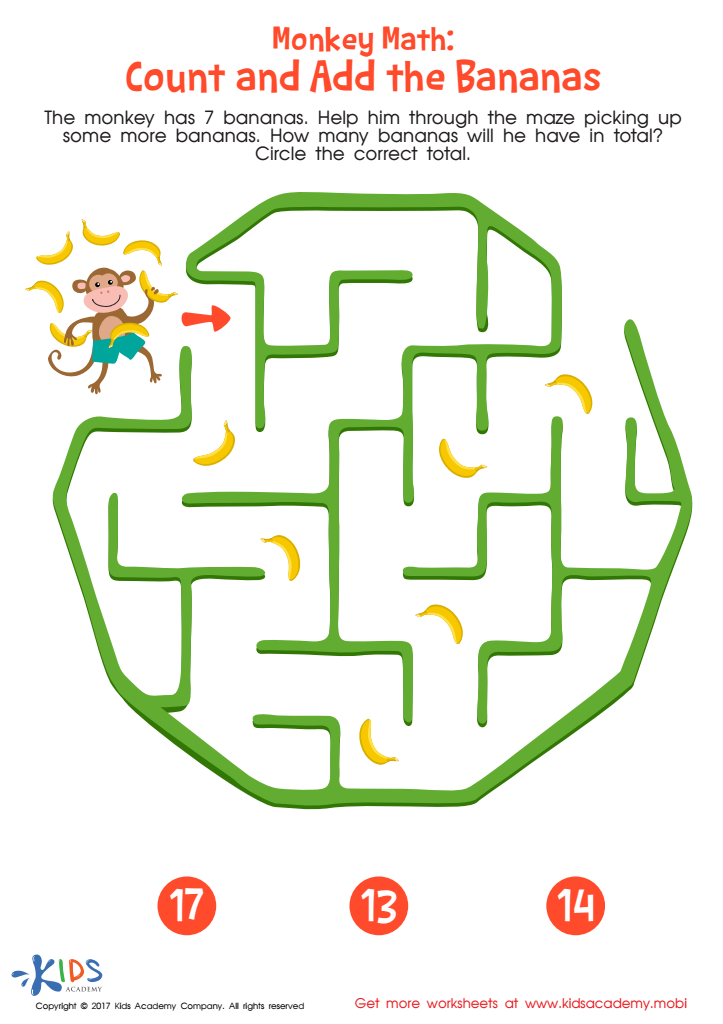

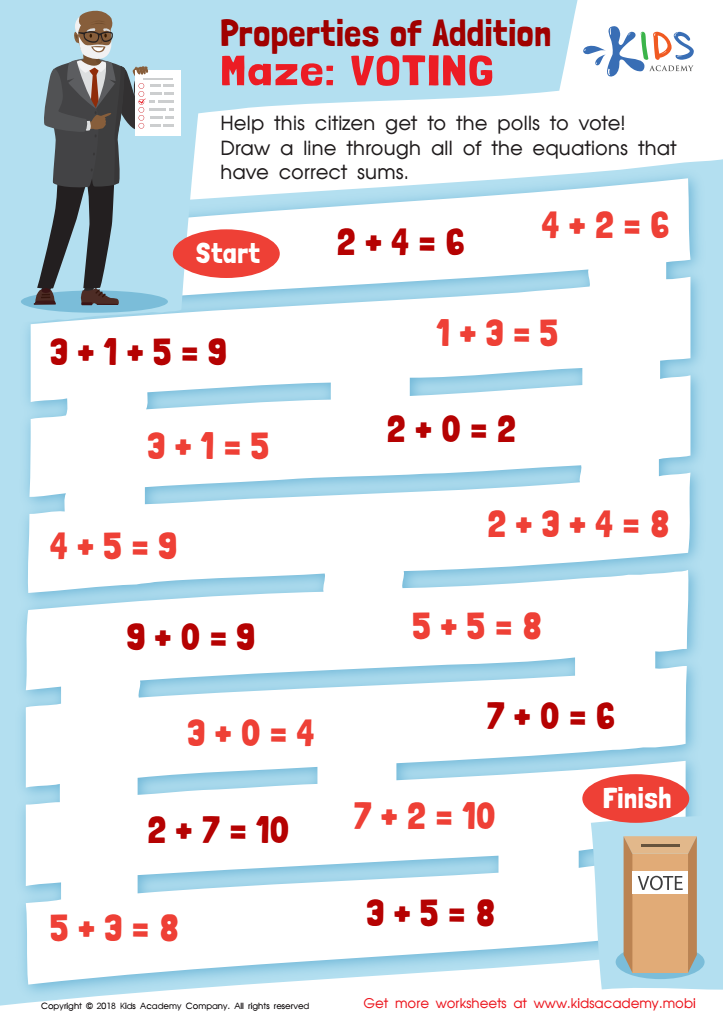

Properties of Addition Maze: Voting Worksheet
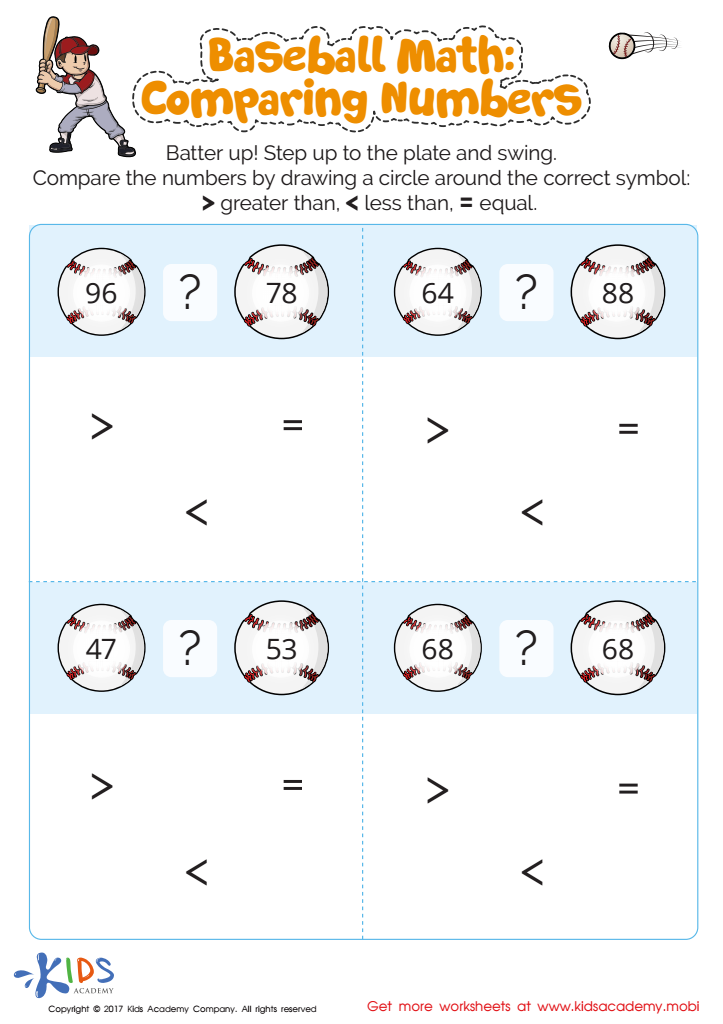

Compare Numbers Printable
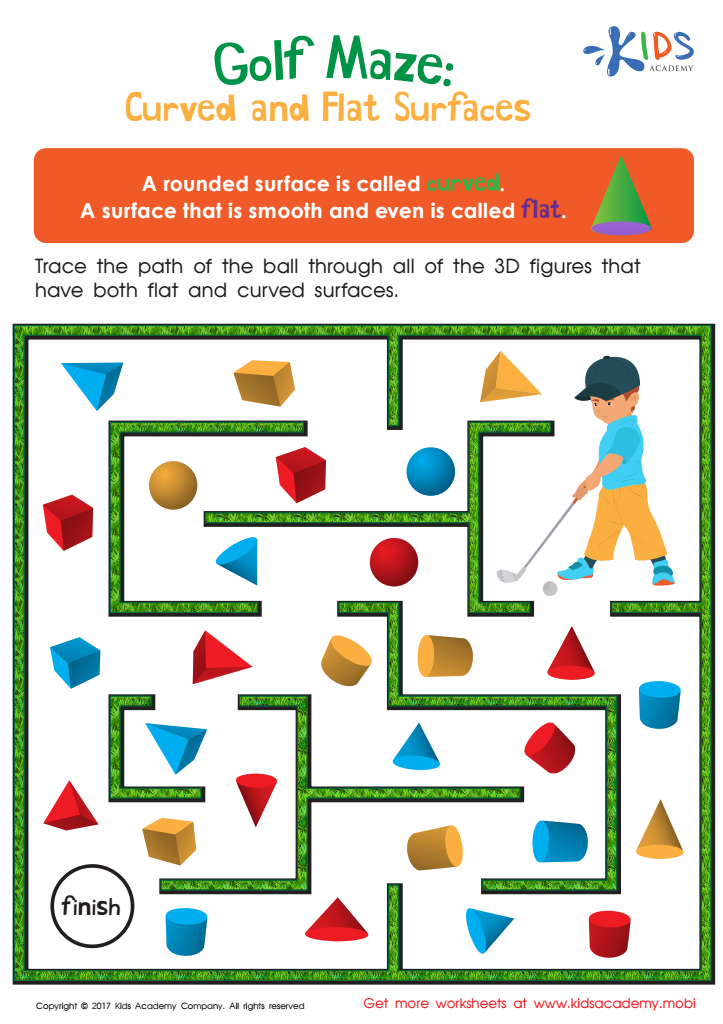

Golf Maze: Curved and Flat Surfaces Worksheet
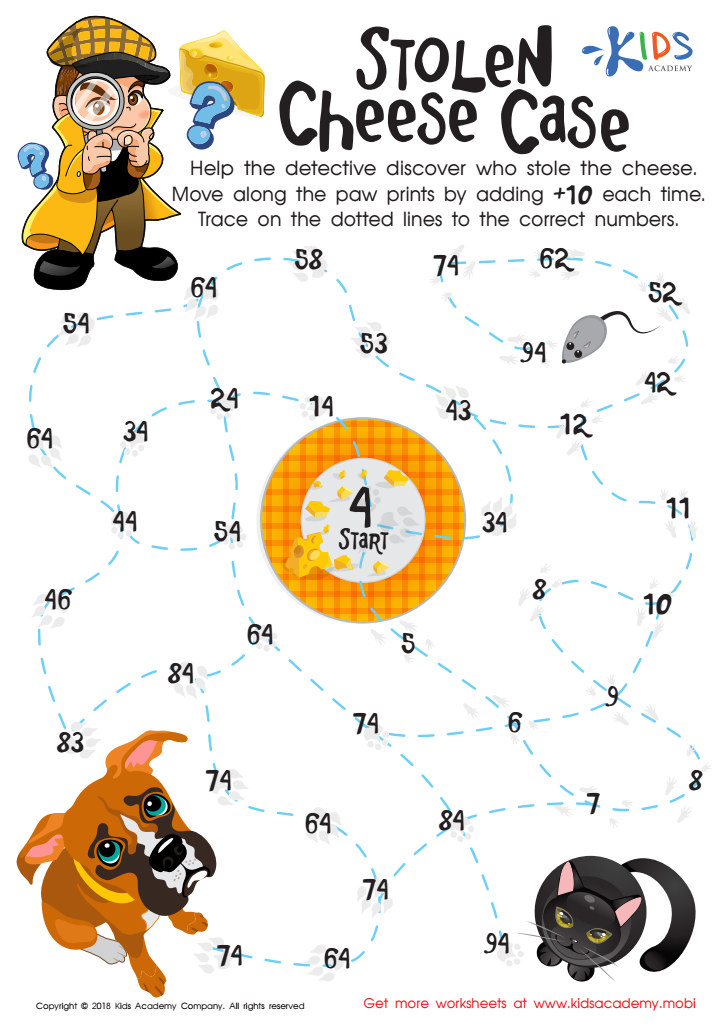

Stolen Cheese Case Maze Worksheet
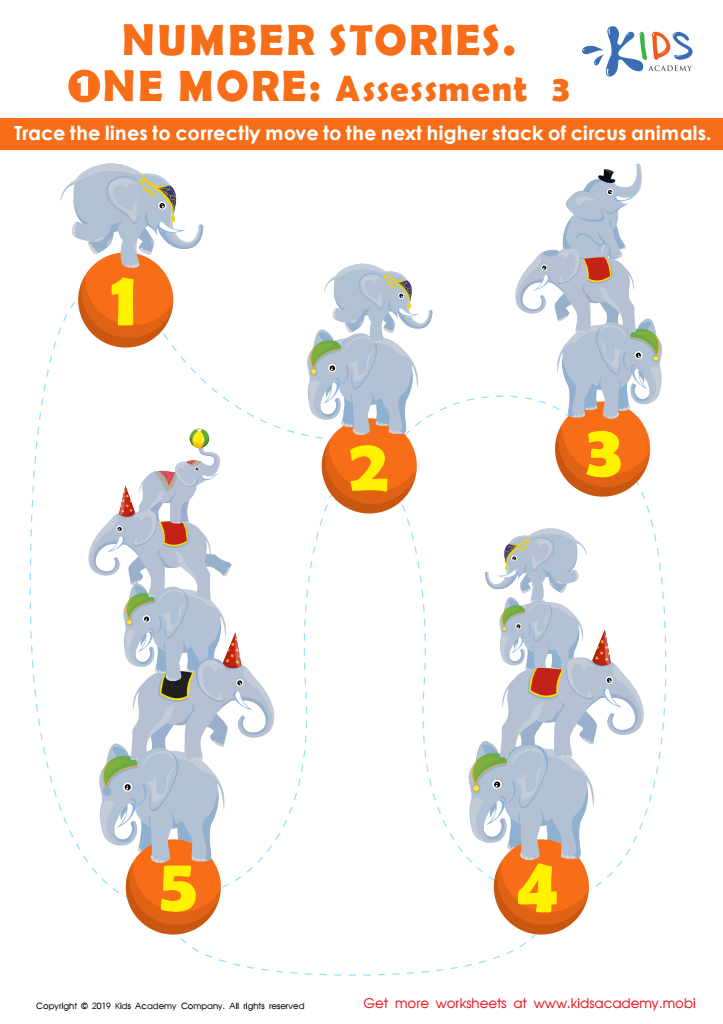

Number Stories One More: Assessment 3 Worksheet
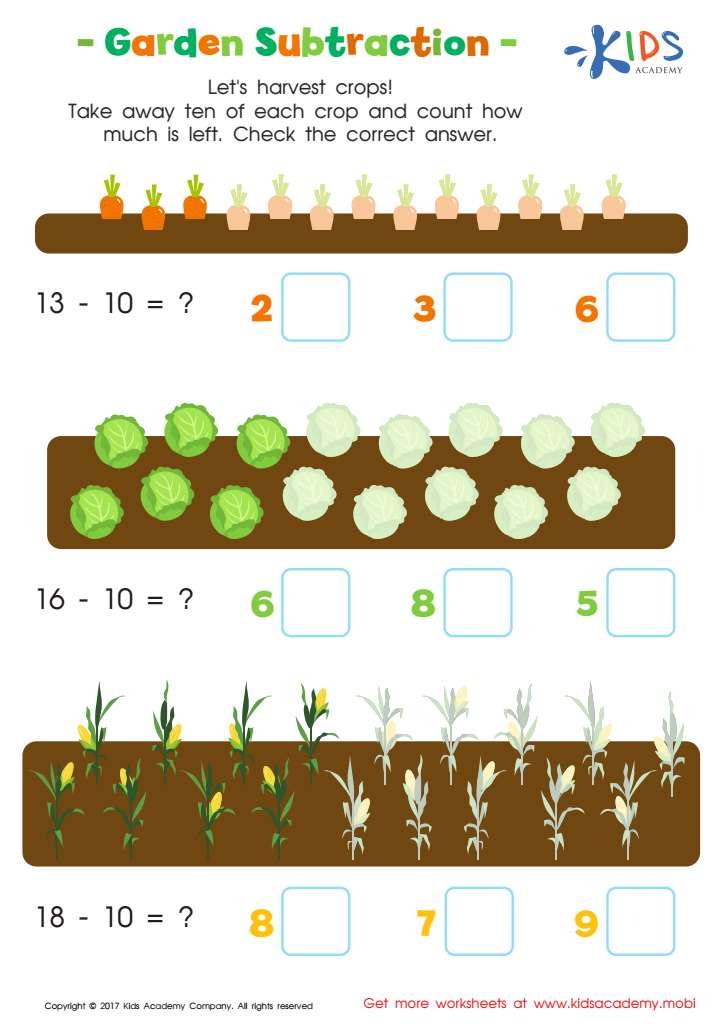

Garden Subtraction Worksheet


Enrichment -2 Step Word Problems Worksheet
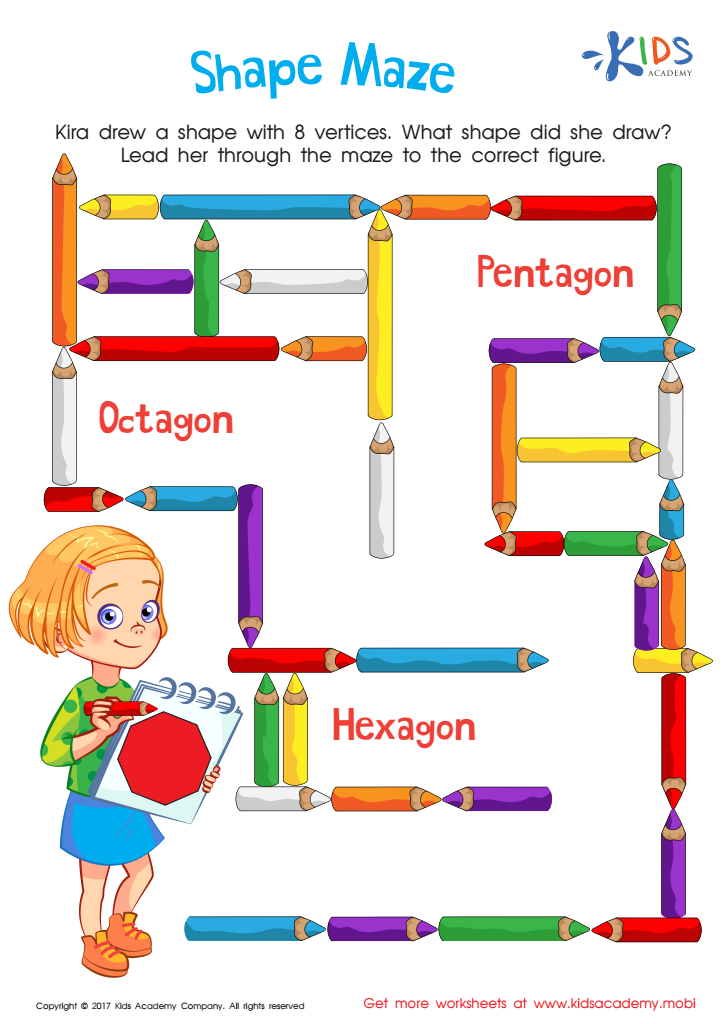

Shape Maze Worksheet
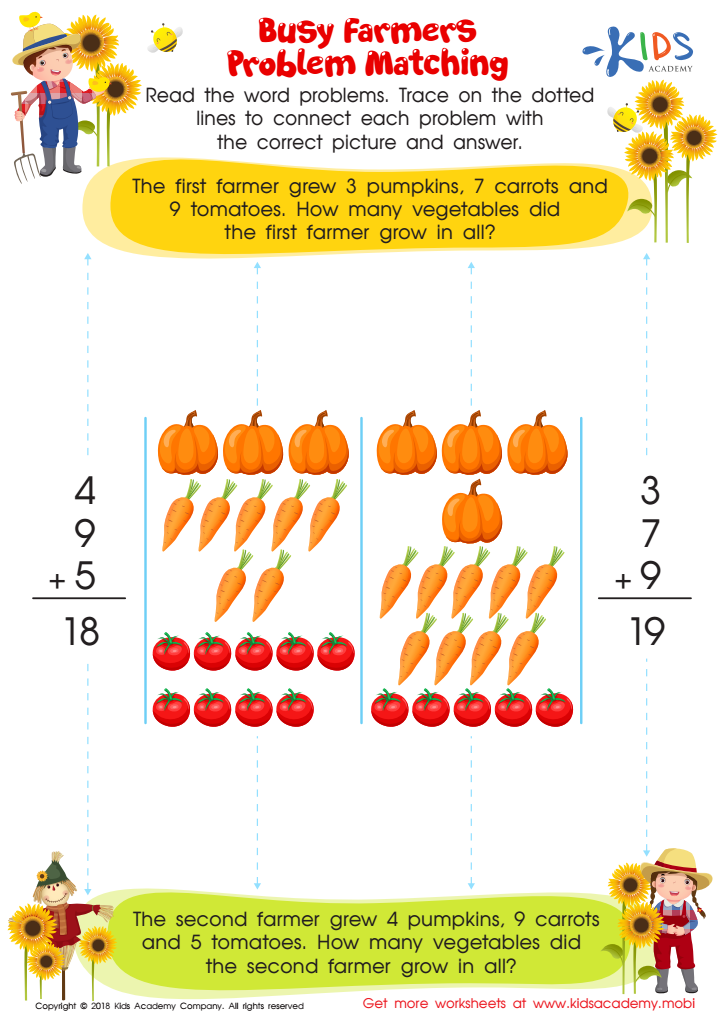

Busy Farmers: Problem Matching Worksheet


7 Continents and 7 Seas Worksheet
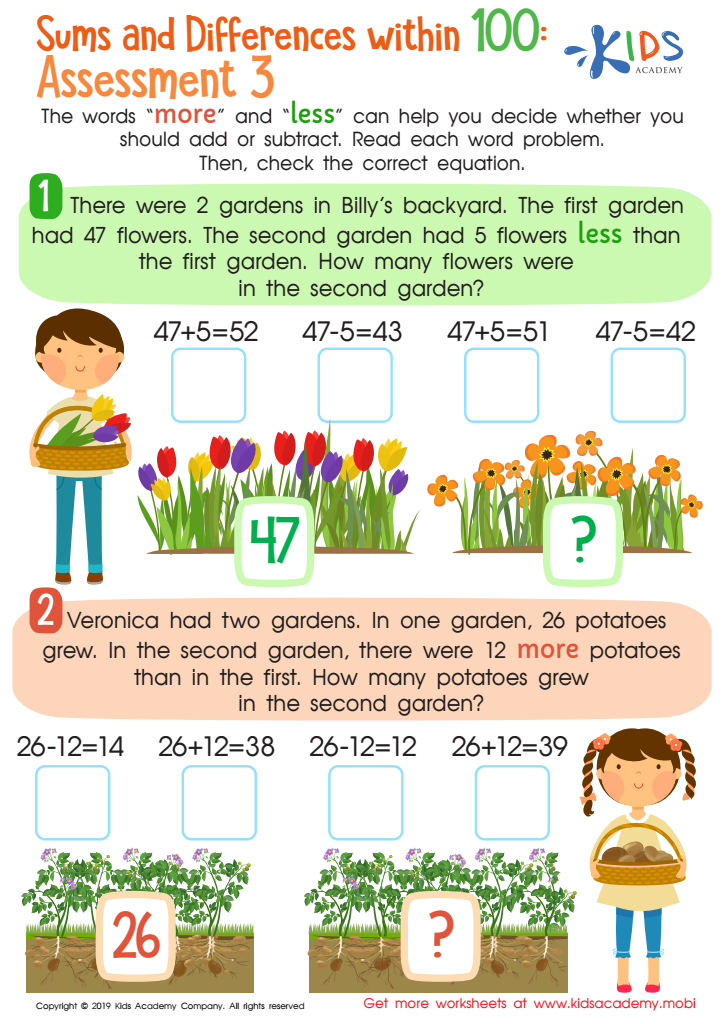

Sums and Differences Within 1 - Assessment 1 Worksheet
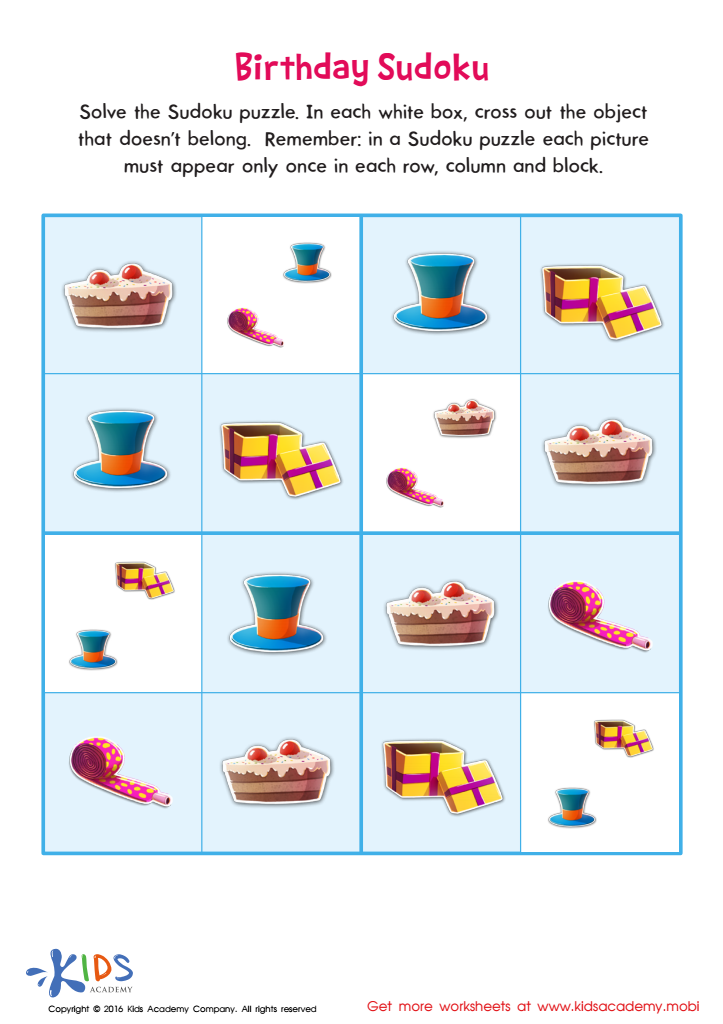

Birthday Sudoku Sorting Worksheet
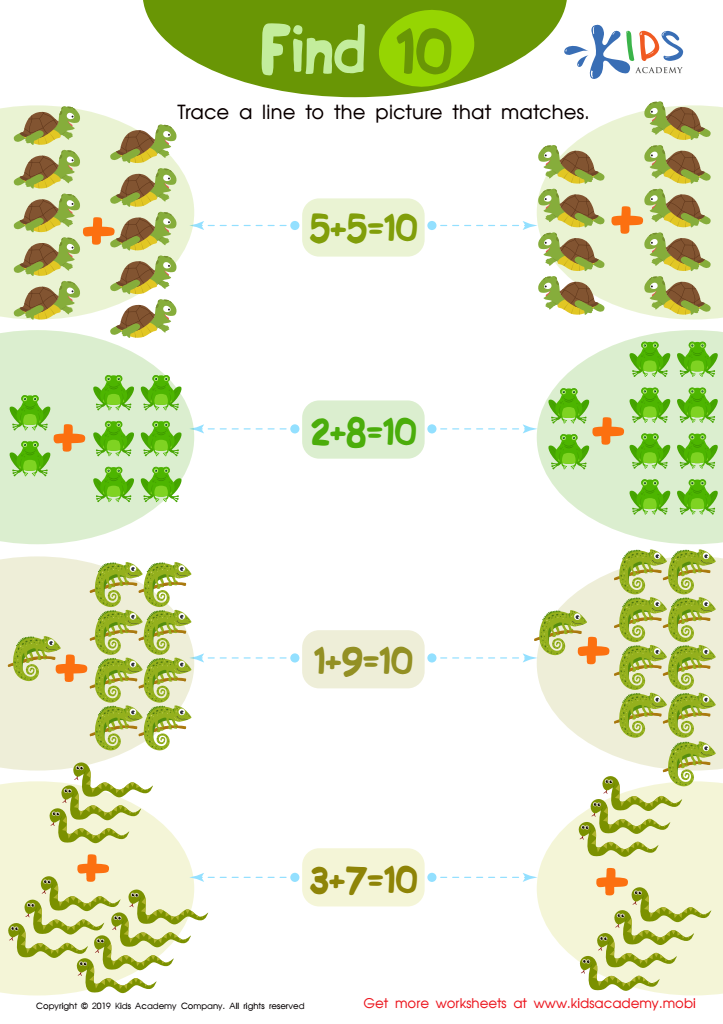

Find 10 Worksheet
Problem-solving skills in math are critically important for children aged 3-7, forming the foundation for their overall cognitive development and future learning. During these early years, kids are naturally curious and eager to explore, making it the perfect time to introduce mathematical concepts through engaging activities that promote critical thinking.
First, problem-solving aids in the development of logical reasoning. When children tackle mathematical challenges, they learn to analyze situations, evaluate options, and arrive at solutions. These skills extend beyond math, enhancing their ability to reason and make decisions in everyday life.
Moreover, learning math problem-solving fosters resilience. Kids learn that not every problem has an immediate answer, which teaches them persistence and the growth mindset—understanding that mistakes are part of the learning process.
Parents and teachers play an essential role in nurturing these skills through creative and interactive learning experiences. By integrating math into play, storytelling, and everyday activities, they can create a supportive environment where children feel confident to explore concepts and tackle challenges.
Investing in problem-solving skills in early childhood sets the stage for academic success, encouraging a love for mathematics and a proactive approach to learning that lasts a lifetime.

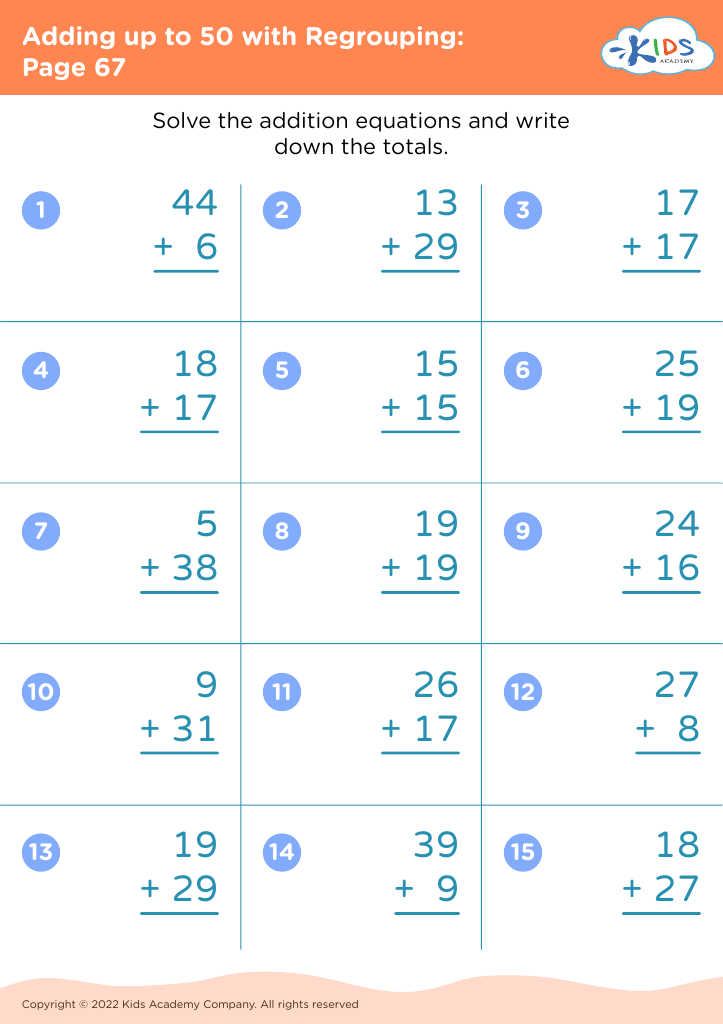
 Assign to My Students
Assign to My Students
